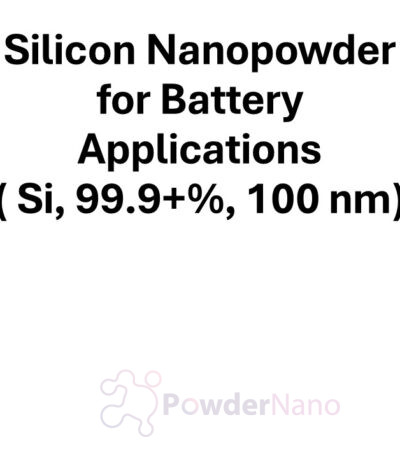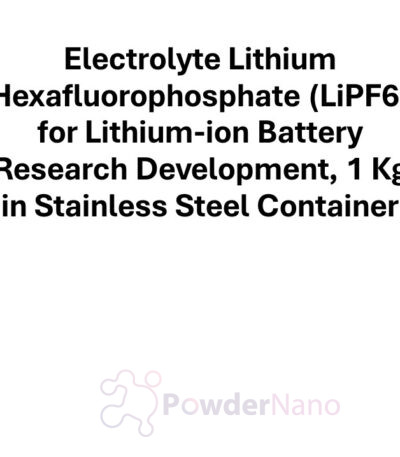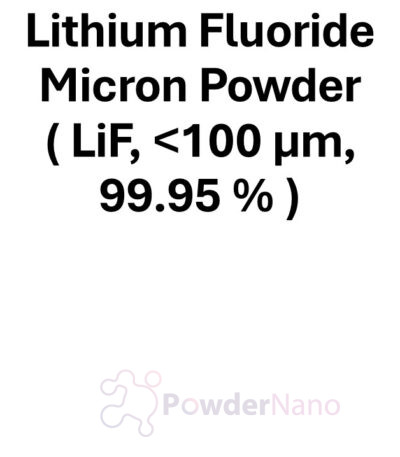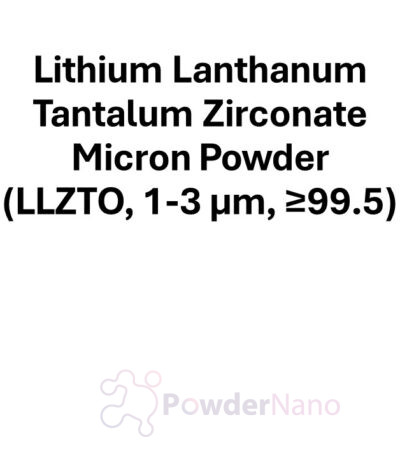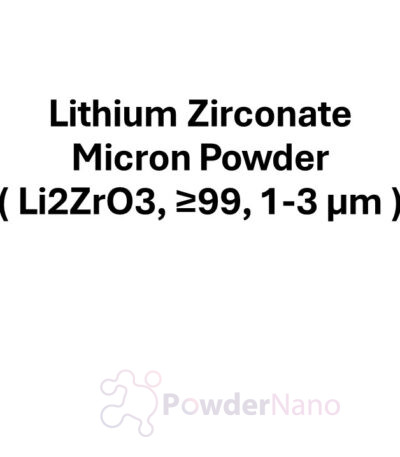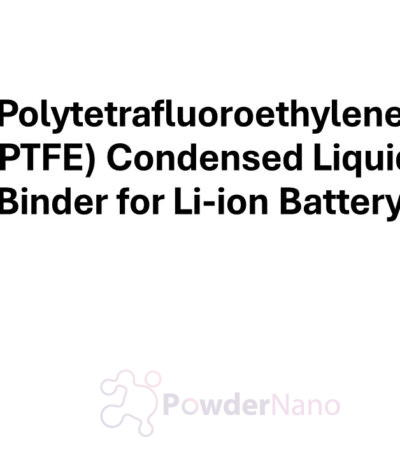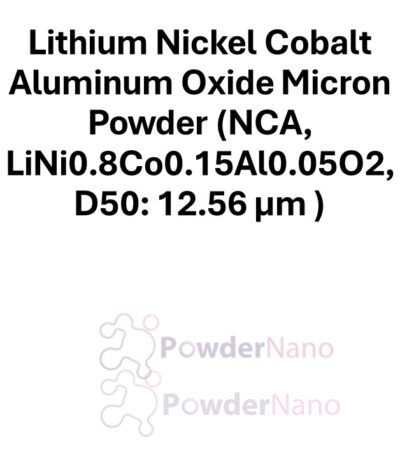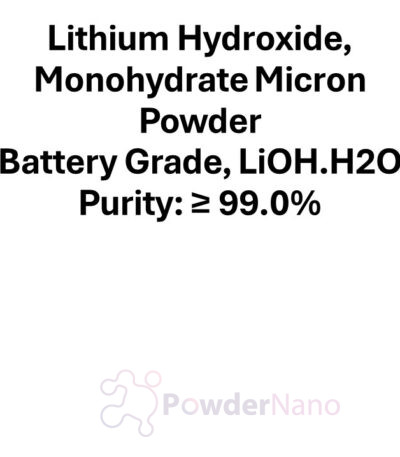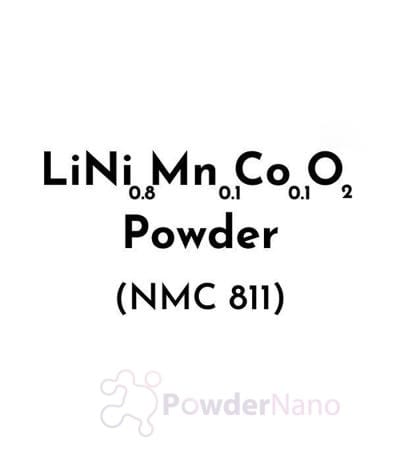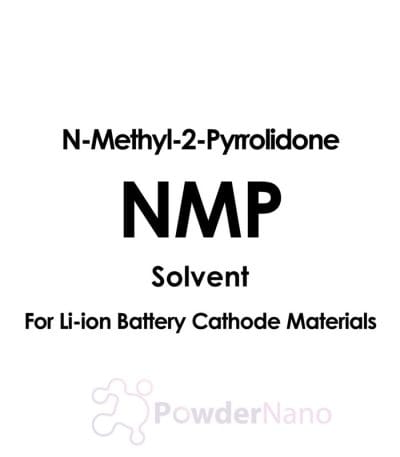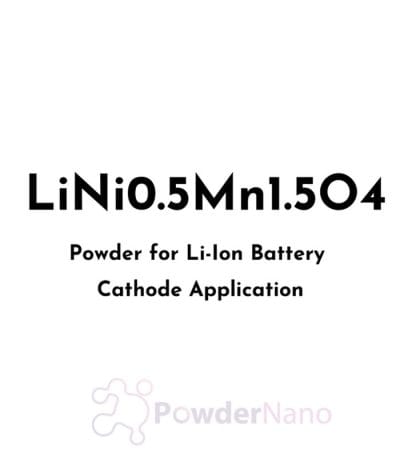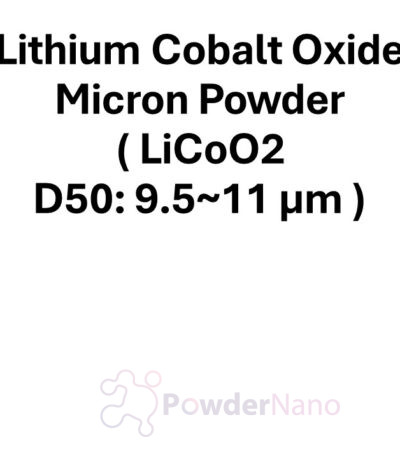Technical Specification:
- Material Composition:
- Chemical Formula: Lithium Cobalt Oxide (LiCoO₂)
- Structure: Layered α-NaFeO₂ structure (R-3m space group).
- Lithium Content: Optimized for energy storage applications.
- Cobalt Content: Provides structural stability and enhances cycling performance.
- Particle Properties:
- Particle Size (D50): 9.5–11 µm
- Indicates the median particle size for uniform packing and electrochemical performance.
- Morphology: Uniformly shaped particles, typically spherical or rounded, to improve packing density and conductivity.
- Particle Size (D50): 9.5–11 µm
- Physical Properties:
- Density:
- Tap Density: ~2.2–2.6 g/cm³, promoting high energy density.
- Bulk Density: Optimized for battery cathodes.
- Specific Surface Area: Low specific surface area (~0.3–0.5 m²/g) to minimize unwanted side reactions.
- Crystal Structure: Stable layered structure with reversible lithium-ion intercalation.
- Density:
- Electrochemical Performance:
- Voltage Range: 3.7–4.2 V (vs. Li/Li⁺).
- Specific Capacity: ~140–155 mAh/g, depending on operating conditions.
- Cycle Life: Long cycle life with proper operating parameters.
- Thermal Stability:
- Stable up to moderate temperatures; decomposition begins at ~200–250°C.
- Safety can be enhanced with electrolyte additives and battery management systems.
- Purity:
- High purity (≥99.5%) to minimize the risk of impurities affecting performance and safety.
Applications:
- Primary Applications:
- Cathode Material for Lithium-Ion Batteries (LIBs):
- LiCoO₂ is a classic cathode material known for its high energy density and reliable performance.
- Cathode Material for Lithium-Ion Batteries (LIBs):
- Industries:
- Portable Electronics:
- Powers devices like smartphones, laptops, and cameras, where high energy density and compact size are essential.
- Medical Devices:
- Used in batteries for portable medical equipment due to its reliability and safety.
- Small-Scale Energy Storage:
- Suitable for backup power systems and renewable energy integration in small devices.
- Portable Electronics:
- Advantages for Applications:
- High Energy Density:
- Ideal for applications requiring maximum energy in minimal space.
- Long Cycle Life:
- Ensures durability and reliability in consumer electronics.
- Stable Performance:
- Provides consistent discharge and charge capabilities over time.
- High Energy Density:
- Specialized Uses:
- Premium-Grade Batteries:
- Often used in applications where consistent energy output is critical, such as aerospace and defense.
- Research and Development:
- Acts as a benchmark material for studying lithium-ion battery performance.
- Premium-Grade Batteries:
- Limitations and Mitigation:
- Thermal Stability:
- Degrades at high temperatures; mitigated with advanced cooling systems or thermal-resistant materials.
- Cobalt Cost and Sustainability:
- Efforts to recycle and reduce cobalt dependency are being explored in industry applications.
- Thermal Stability:
Summary:
Lithium Cobalt Oxide Micron Powder (LiCoO₂) is a widely used and reliable cathode material for lithium-ion batteries, offering high energy density, stable cycling performance, and compactness. Its applications span portable electronics, medical devices, and small-scale energy storage. Despite challenges like thermal stability and cobalt supply concerns, it remains a critical material in advanced battery technologies.
